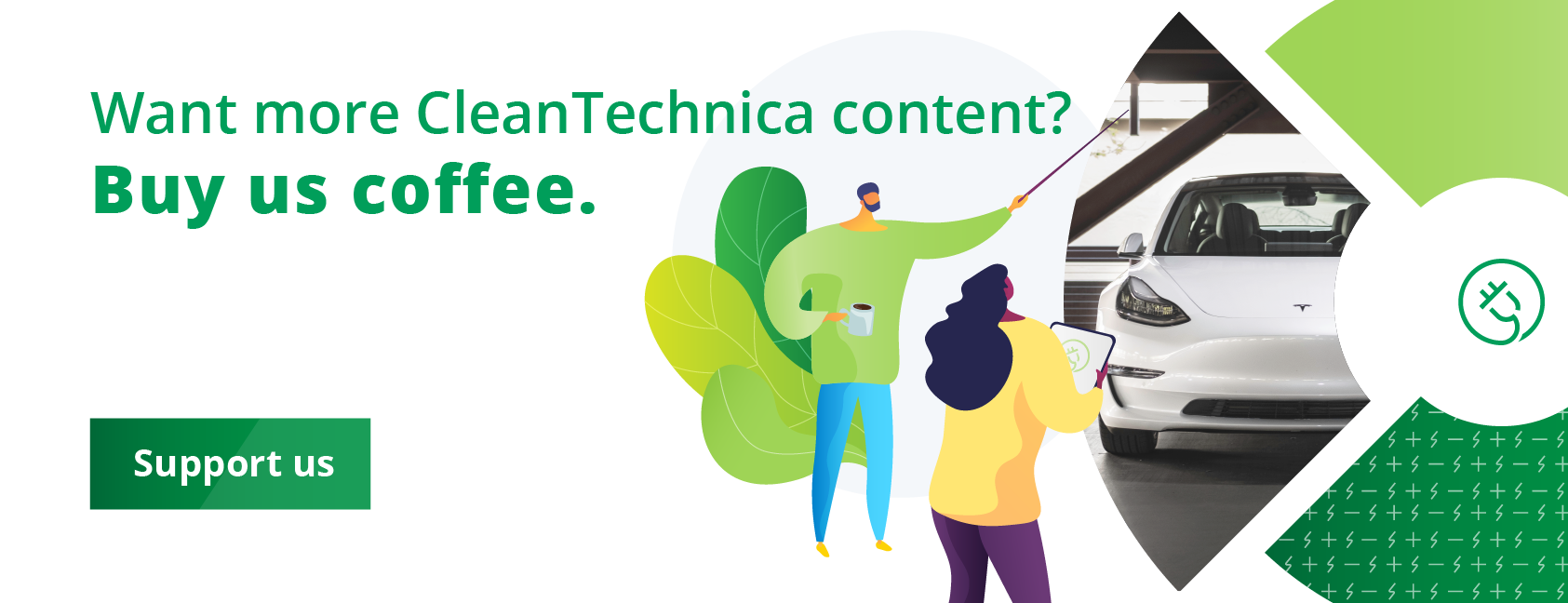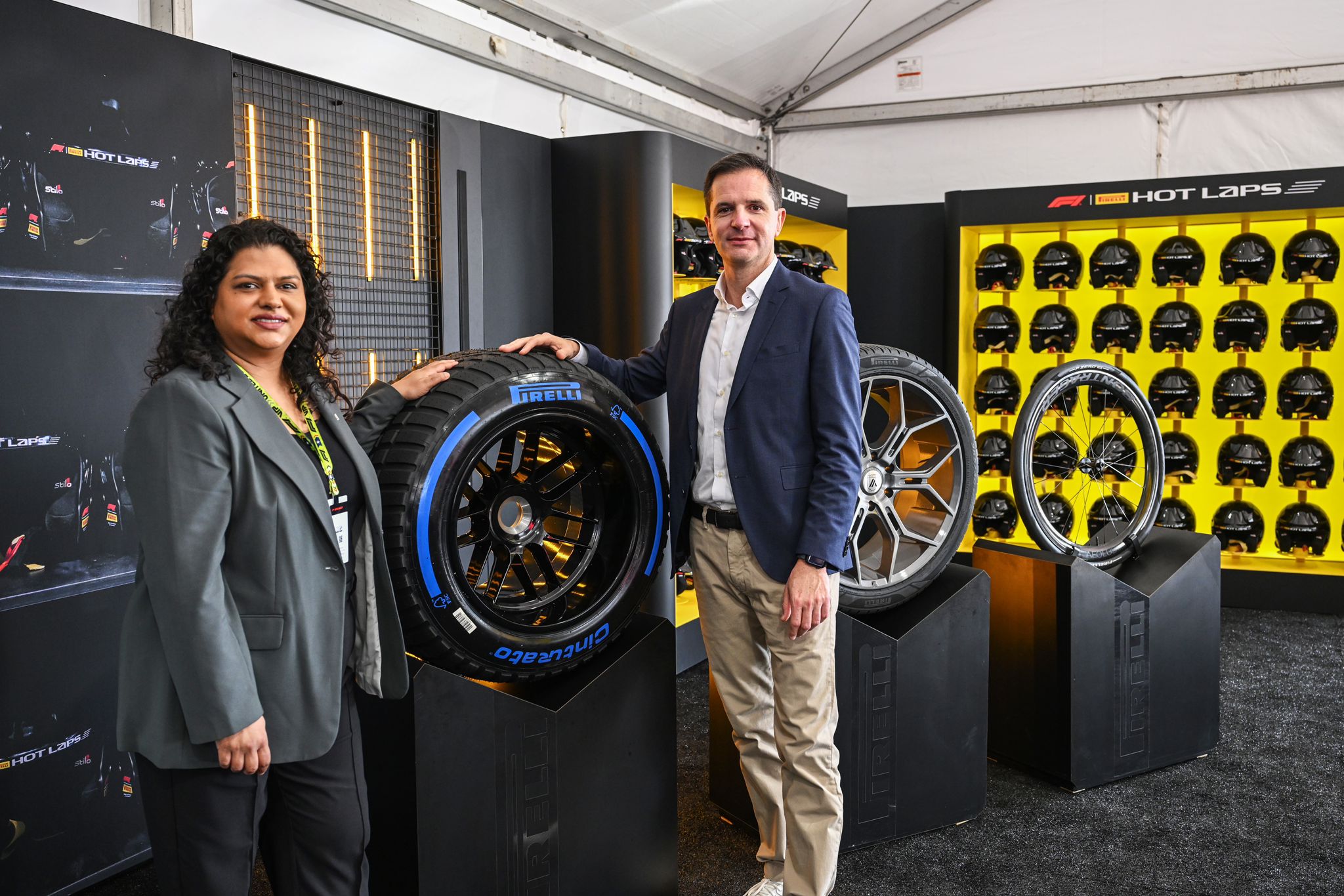
Are you someone who is keenly aware about protecting the environment? If so, you may find yourself experiencing “eco-anxiety” — a fear that the climate crisis carries with it irreparable impacts that will alter our lives and the lives of future generations.
Like all things complex, the climate crisis needs multifaceted solutions. Achieving a net zero future means cutting GHG emissions to as close to zero as possible, with any remaining emissions re-absorbed from the atmosphere by oceans and forests and other means. The US Long-Term Strategy, for example, lays out how the nation can reach its ultimate goal of net-zero emissions no later than 2050. Solar and wind are key components of the Strategy and are new, clean, and inexpensive sources of electricity, made even more robust by President Biden’s landmark climate bill, the Inflation Reduction Act.
The UN acknowledges that transitioning to a net-zero world is one of the greatest challenges humankind has faced, saying, “it calls for nothing less than a complete transformation of how we produce, consume, and move about.” However, transformational solutions can seem contradictory in nature, especially when climate misinformation fuels disbelief.
TNC’s 2023 national report concludes that “careful and coordinated planning and robust community engagement can build the clean energy infrastructure needed for economy-wide, net-zero emissions by 2050 while avoiding most impacts to sensitive natural and working lands.” To many people, however, that assurance it not enough. To these community activists, an important element of the equation to build clean energy infrastructure must include protecting private and cherished community sites, which sometimes translates into resistance in face of community good. We’re seeing around the US and globe that resulting criticism and accusations are styming quick and effective progress toward mitigation and the pathway to a zero emissions future.
Fear of change due to the climate crisis leaves many people lost. We recognize the need to make systemic changes to the way we power our homes, businesses, and vehicles, yet we’re largely unwilling to alter our own lives to see the essential clean energy ends.
How is eco-anxiety translating — or inhibiting — the dynamic transition to renewable energy?

Eco-Anxiety in Reaction to the Climate Crisis
Natural disasters are becoming persistent and acute as a result of climate pollution. Constant, insidious worry about physical damage due to storms, wildfires, drought, and sea level rise is having psychological impacts on many people. One form of eco-anxiety arises when an individual experiences an ongoing and substantive fear of suffering an environmental catastrophe. People may experience eco-anxiety without being able to name it. And eco-anxiety does not affect everyone equally.
Many people are internalizing the great environmental problems of our times. A groundbreaking 2017 APA report concludes, “The health, economic, political, and environmental implications of climate change affect all of us. The tolls on our mental health are far reaching. They induce stress, depression, and anxiety; strain social and community relationships; and have been linked to increases in aggression, violence, and crime.”
Eco-Anxiety about Community Shifts due to Clean Energy
It’s clear that fossil fuels are destroying our air and endangering our pristine lands and shores. But the other form of eco-anxiety that is being promoted by climate entrepreneurs challenges the need to make substantive energy changes — and, of course, oil and gas companies are funding anti-renewable energy campaigns to great success. Discrepancies exist between broad support for solar development at the state and national level, for example, and a suspicion at the local level — what’s known as the Not in my Backyard (NIMBY) thought process.
A recent editorialist in the New York Times poignantly explains that, because the US transition away from fossil fuels is happening quickly, what was once familiar is now being threatened. “New wind turbines, solar panels and other clean energy infrastructure are being built before our eyes, and in some cases in our hometowns,” notes to Elizabeth A. Cerceo, director of environmental health at Cooper Medical School of Rowan University. Beneficial community changes that will move us forward to a zero emissions world are “inevitably going to feel a little disorienting.” The result? Citizens and business owners across demographic groups are threatening legal action over proposed wind farms out of misplaced eco-anxiety.
Soothing reassurances from think tanks with ties to fossil fuel interests invoke a golden era, tying nostalgia into false promises of certainty that oil and gas can prevail in trying times. A recent Lancet study found that more than 99% of the global population is exposed to unsafe levels of PM2.5 pollution, which are particles with diameters of 2.5 micrometers or less. In 2019, air pollution more broadly was responsible for about 6.7 million deaths globally. And CO2 emissions are a primary driver of global climate change, which is exacerbating the type of extreme weather that killed 474 people and caused $165 billion in damages in the US last year alone.
Recognizing & Listening: Routes to Climate Crisis Compromise
Clean energy advocates and environmentalists can help to make transparent the benefits of a low carbon society. We need to listen as well as to lecture, to seek out areas of agreement and compromise with people who hold differing views. What does that involve? Communicating about uncertainty, also known as “risk communicating.” Understanding mental models. Translating scientific jargon into everyday language. Make the climate crisis tangible by making it personal. Acknowledging a person’s right to experience their own kind of eco-anxiety.
It’s not just everyday citizens who struggle with climate crisis solutions. COP28, which will be held in Dubai from the end of November, is expected to simmer with “deep divides over a number of hot button issues,” according to Eva Krukowska of Bloomberg Green. From progress on meeting the Paris Agreement goals to tougher commitments over fossil fuel emissions, financial help for developing countries, regulating carbon renewal, and how influential oil giants will be in the process, topics are contentious and areas of agreement among countries are fragile.
Final Thoughts
Now more than ever, we must transcend our own sense of normal as we consider how social movements, market intermediaries, and environmental entrepreneurs play roles in decarbonization. We see before us the opportunities to foster transformative, justice-oriented ideas and implement institutional change through the actions we take on an everyday basis. We can rise together so that eco + social + racial justice merge into more meaning for all.
We also must accept that community engagement for a renewable energy is complicated. It arouses many emotions. We must respect others if we are to overcome the big barriers to a clean energy transition — supply chains, transmission, storage, workforce development, critical minerals, and permitting — and make our world livable moving forward.
I don’t like paywalls. You don’t like paywalls. Who likes paywalls? Here at CleanTechnica, we implemented a limited paywall for a while, but it always felt wrong — and it was always tough to decide what we should put behind there. In theory, your most exclusive and best content goes behind a paywall. But then fewer people read it! We just don’t like paywalls, and so we’ve decided to ditch ours. Unfortunately, the media business is still a tough, cut-throat business with tiny margins. It’s a never-ending Olympic challenge to stay above water or even perhaps — gasp — grow. So …




